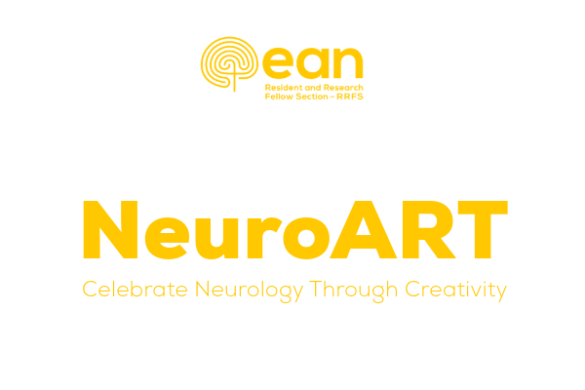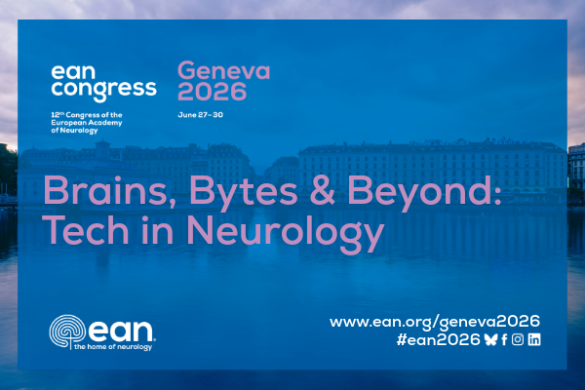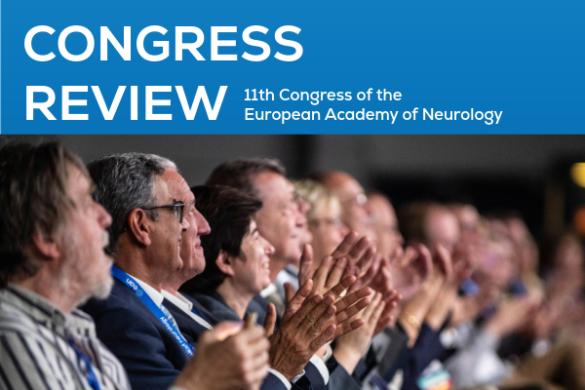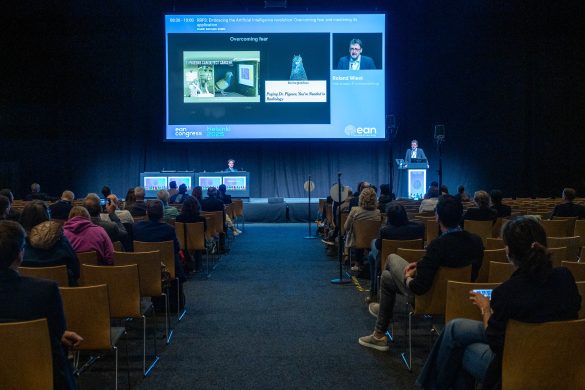by Isabella Colonna
The symposia on Personalized medicine for the diagnosis and care of patients with complex epilepsy syndromes took place in the Main Auditorium at EAN 2023 in Budapest, chaired by Prof. Reetta K. Kälviäinen and Prof. Guido Rubboli.
In the first lecture, Personalized medicine in rare epilepsies: pitfalls and successes, Prof. Kerstin Alexandra Klotz highlighted that precision medicine in epilepsy consists of treatments targeting the disease’s mechanism; it regards environmental as well as lifestyle factors; and it aims to improve seizures and comorbidities. There are some challenges to face in order to improve precision medicine in rare and complex epilepsies, such as the complexity of genotype-phenotype correlations and of pathological mechanisms, the need for different study designs, and the delayed time to treatment.
In the second lecture ‘Clinical trials in rare epilepsies: how to tackle the challenges?’ , Prof. Kees Braun talked about the challenges in clinical trials, particularly in the field of rare epilepsy syndromes. Antiseizure medication trials have many hurdles and limitations, such as suboptimal outcome measures, lack of paediatric data and heterogeneity of epileptic disorders; moreover, the majority of the trials are placebo-controlled add-ons and are performed in refractory patients. There is a need for trials with a biomarker-/etiology- and risk-guided approach, assessing alternative outcome measures and using alternating designs. Moreover, trials on rare epilepsies may benefit from harmonisation of regulations in Europe and international collaborations.
The third lecture ‘Multidisciplinary approaches for the management and personalised care of rare epilepsies’ was held by Prof. Simona Balestrini. In her talk, she highlighted the importance of multidisciplinary care in the context of rare epilepsies. The care of patients suffering from these complex diseases can be improved by the use of a lifespan holistic approach characterised by continuity of care, since transition from childhood to adulthood presents relevant issues related to age, medical care, syndrome-specific features, quality of life and social care.
In the fourth lecture ‘Personalized treatment in rare epilepsies: what do we have and what is on the horizon?’, Prof. Guido Rubboli highlighted that the achievement of a genetic diagnosis can contribute in clinical practice to the improvement of the treatment, by using therapies that correct specific metabolic defects, by selecting antiseizure drugs that counteract the functional disturbance caused by the gene mutation and by avoiding drugs that can worsen the pathogenic defect. In this context, many new treatments have been developing and are objects of study in ongoing trials. However, further strategies for precision medicine treatment and implementation in genetic epilepsies are still needed.













